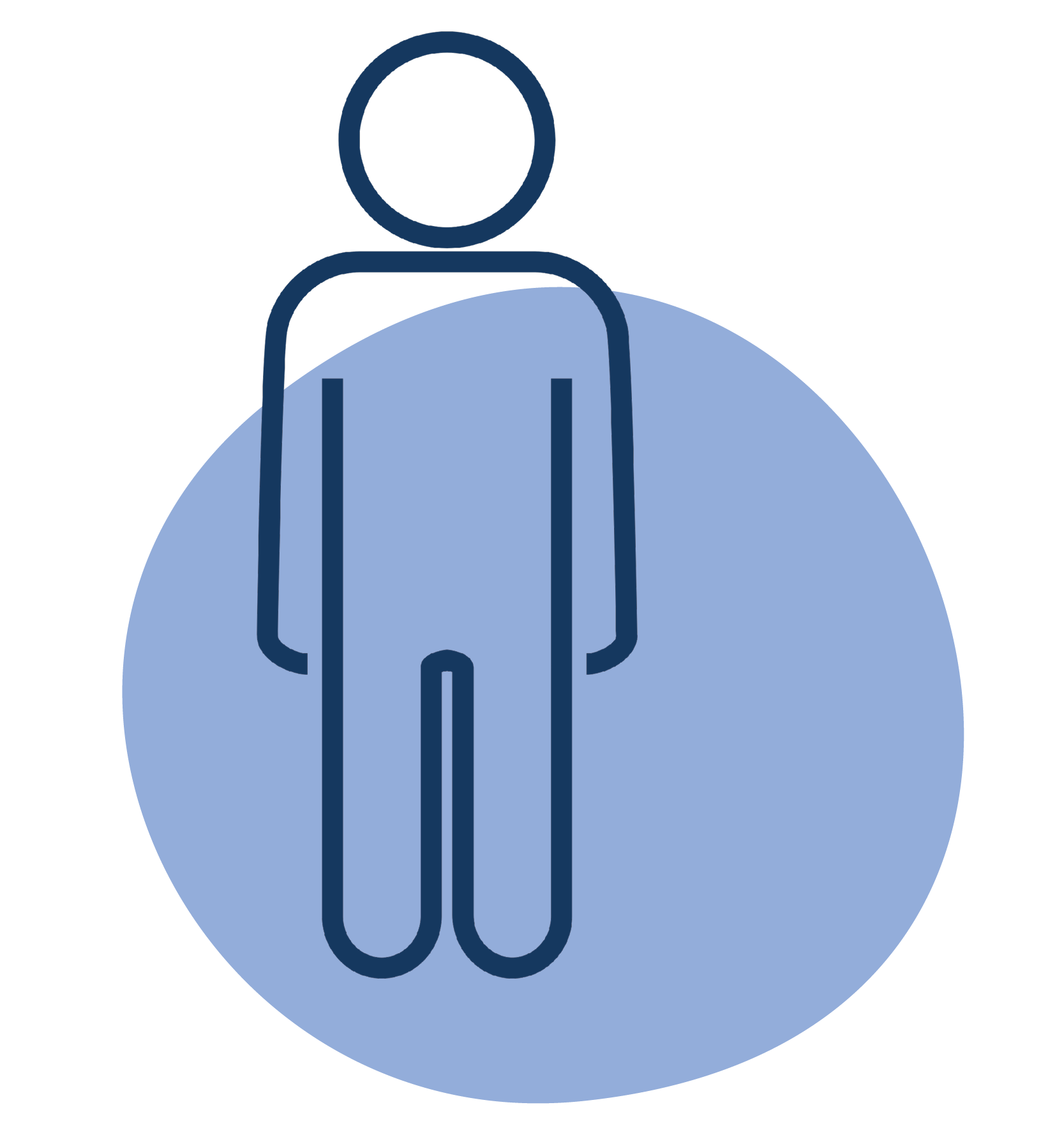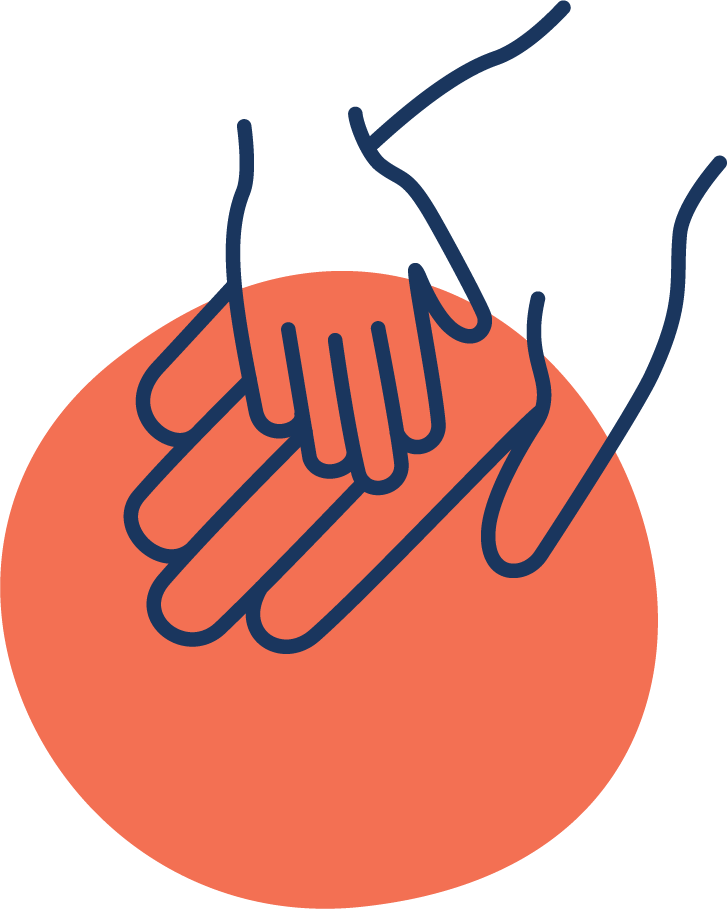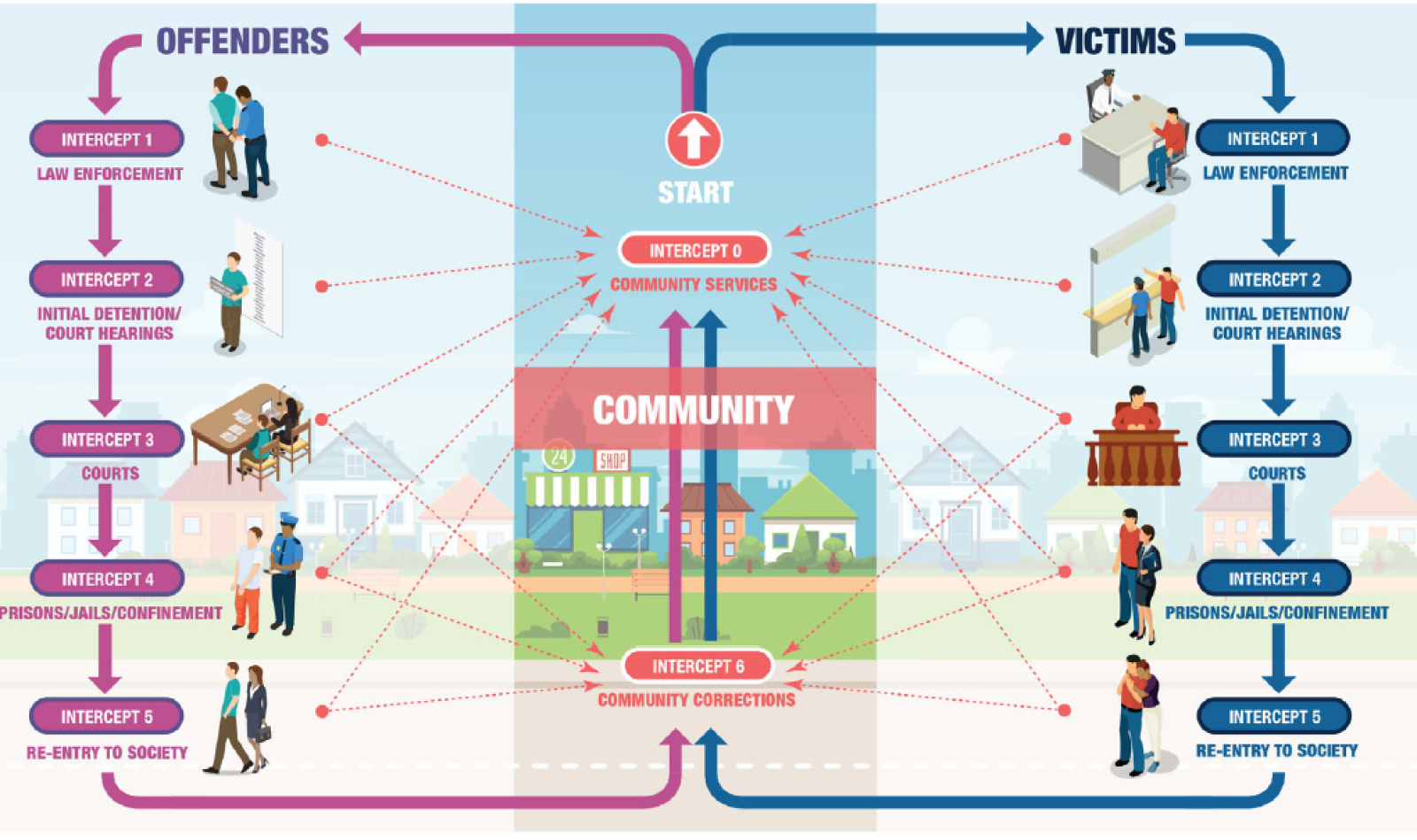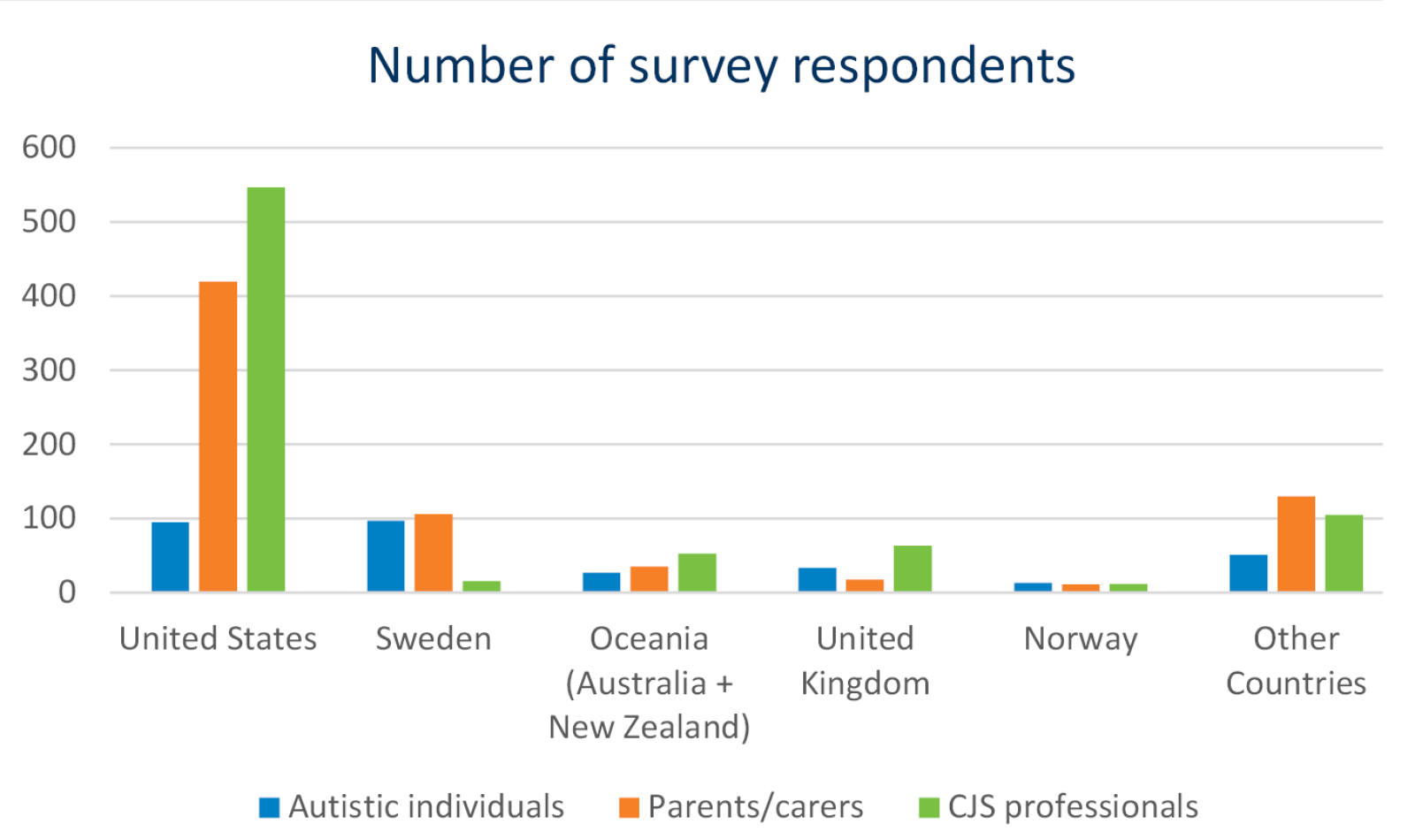Why
Research shows Autistic people are more likely to come into contact with law enforcement or other justice professionals, compared to non-Autistic people. Autistic individuals and their families are also more likely to experience negative, and potentially traumatising encounters with the criminal justice system.
Despite the growing prevalence and awareness of autism, criminal justice systems in many countries do not adequately meet the needs of Autistic people and their families.
How can interactions between Autistic individuals and the criminal justice system be improved? What policy and practice changes should be made to better support Autistic people who come into contact with the criminal justice system?
The research
The Global Autism and Criminal Justice Consortium is an international group of autism and justice system experts – including ARCAP's National Manager, Vicki Gibbs and Research Officer, Dr Abigail Love – that has developed a policy brief aimed at improving interactions between Autistic people and the criminal justice system. ARCAP’s involvement recognises its high calibre of research that led to the development of Australia's first autism training module for police.

A CJS policy brief was developed by the consortium of 50 international members:
- Autistic individuals
- parents/carers
- CJS professionals
- policymakers
- researchers

A subgroup designed the Global Criminal Justice Survey
to capture CJS experiences of Autistic individuals, parents and carers and criminal justice professionals.

Data from the survey
will be used to inform policy changes and increase awareness of autism.
Survey design
The consortium developed a new framework – Sequential Intercept Model – used to organise research and identify gaps in CJS research.
The SIM consists of six intercepts with the CJS, where intervention could divert individuals from further involvement.
The Global Criminal Justice Survey was developed to gather perspectives at each intercept of the CJS. It was translated into 15 languages. The survey measures Autistic adults’ and parents’/carers’ perceived autism knowledge and autism knowledge of criminal justice professionals and police attitudes (e.g. perceived procedural justice and police legitimacy).

respondents

Autistic individuals

parents/carers

CJS professionals
Find out more
Publications
Love, A.M.A., Gibbs, V., Cooper, D., Benevides, T.W., Mogavero, M.C., Basketbill, I.L., & Shea, L.L. (2022) Creating the Global Criminal Justice Survey: A questionnaire designed to gather perspectives from autistic people and criminal justice professionals. Journal of Autism and Developmental Disorders.
Shea, L.L., Cooper, D., & Wilson, A.B. (2021). Preventing and improving interactions between autistic individuals and the criminal justice system: A roadmap for research. Autism Research.
Making a difference
Spanning ten countries across four continents, this is the largest research study to explore Autistic people’s interactions with the criminal justice system. Findings from a comprehensive review of the scientific literature formed the basis of a policy brief aimed at supporting Autistic people who come into contact with the criminal justice system.
The policy brief may be used by agencies involved in the criminal justice system such as police, corrections and courts as a framework for making adaptations for Autistic people. The brief also identifies gaps in the research and therefore guides further investigations in this area.
Analysis of the data from the Global Criminal Justice Survey will Identify both common and unique themes across contexts, stakeholders and nations which will facilitate the development of comprehensive policy recommendations, practical strategies and future research directions.
Research team
The international team comprises many members from ten countries including:
Dr Lindsay Shea, A.J. Drexel Autism Institute, Drexel University (Co-lead researcher)
Cpl. John Burke, Philadelphia Police Department Training and Education Services Bureau
Vicki Gibbs, ARCAP
Dr Abigail Love, ARCAP
Started
2020
Ends
2022
Funding
This project was supported by funding from the International Society for Autism Research (INSAR). However, that funding does not in any way constitute an endorsement of the contents of this webpage, which have not been reviewed or approved by INSAR prior to publication.



